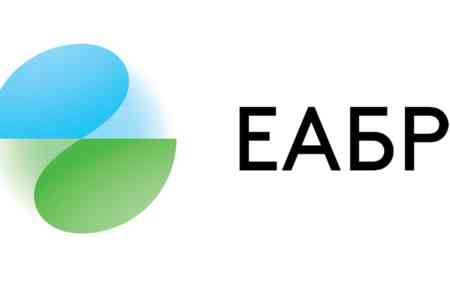


ArmInfo. The Eurasian Development Bank (EDB) jointly with the World Association of PPP Units & Professionals EECA Chapter (WAPPP) conducted a webinar on the materials of the EDB cross-country review dedicated to recent developments in public-private partnership (PPP) legislation in EDB member countries. As reported by the press service of the EDB, the study allowed to identify both best practices and "bottlenecks" that can negatively affect the inflow of investments into the countries of the region.
The EDB team has analyzed the legislation of 6 countries: Armenia, Belarus, Kazakhstan, Kyrgyzstan, Russia and Tajikistan, and identified uniformity in legislative norms regarding the evaluation and selection of PPP projects, rules for conducting tender procedures, etc. Some practices and norms have previously proven effective and have been included in the PPP legislation of other countries. This gradual formation of a barrier-free space for cross-border PPP projects will have a positive impact on the entire region as a whole. However, there are still differences in government support measures among the reviewed countries, in approaches to providing guarantees to investors and creditors, and in some other issues. According to the results of surveys of investors and creditors, these differences could be potential barriers to attracting foreign investment. There is a need for harmonization of procedures for the preparation and implementation of PPP projects, according to the EDB.
"Practice has shown that countries with a reliable legal framework for PPP have greater opportunities to attract private financing for critical infrastructure projects, allowing budget resources to be freed up for other important state tasks. The exchange of best PPP practices among EDB member countries, along with the development of intercountry projects of this type, can promote economic development throughout Central Asia," Svetlana Maslova, Director for Public-Private Partnership Projects, noted.
Currently, almost 5,000 PPP projects are operating in varying degrees of implementation in EDB member countries The EDB identifies digitalization as one of the trends in the development of public-private partnership tools, with efforts already underway to create digital platforms in EDB member states. Another potential direction for PPP development in these countries is enhancing protection of foreign investment. The assessment conducted as part of the review involved 50 leading experts from EDB member countries, who evaluated projects according to 7 criteria and 22 indicators. The Bank plans to continue activities to support member states in developing their legal and institutional environment.